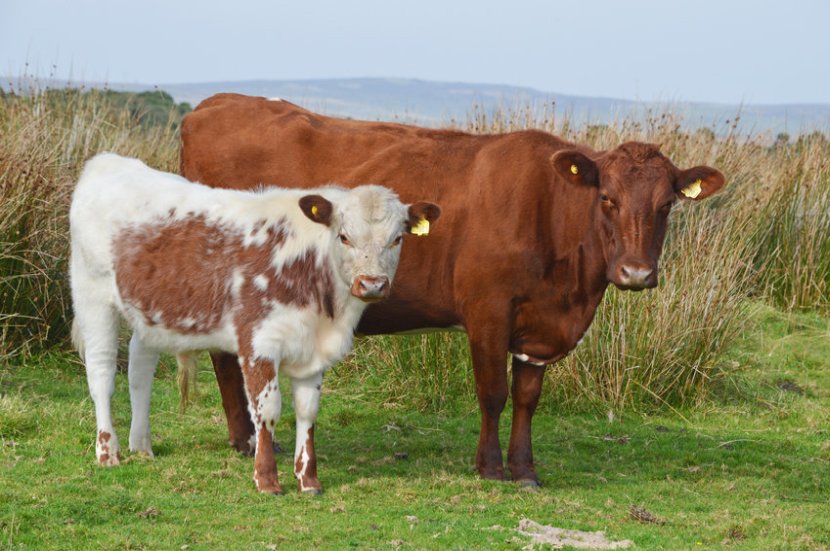
A climate bill supported by most of Stormont parties will be the 'ruination' of Northern Irish farming, the Ulster Farmers' Union (UFU) has warned.
The private members' bill, tabled by Green Party leader Claire Bailey MLA and supported by Alliance, UUP, SDLP and Sinn Féin, seeks to put in place a net zero target of 2045 for the region.
The UFU commissioned an economic impact assessment into the bill, concluding that it would cause industry job losses of 13,000 and a reduction of £11bn in economic output.
It added that the bill would cause the 'ruination' of the farming industry, as a reduction of 86% in livestock numbers may be required to reach the 2045 target, in turn 'wiping out traditional grass-based farms'.
KPMG’s assessment also warns that it would be the beef, dairy and sheep sectors most at risk from herd reductions, while the pig and poultry sectors are likely to be relatively less impacted.
Farm level viability would become significantly challenged once herd reductions reach 20 - 40 percent, the report warns.
Economic output between the sectors would fall between 8 - 66%. The negative impacts extend further when considering a reduction in the sector’s capital investment activities, as well as the knock-on impact of herd reductions on abattoirs and other processors.
Meanwhile, overall herd reductions could lead to a 54 percent decrease in total employment on farms.
UFU president Victor Chestnutt said that any climate change legislation in Northern Ireland needed to be 'fair and credible'.
"PMG’s report undeniably shows that the members' bill fails to deliver the climate change policy that NI needs to combat emissions appropriately.
"Instead, it will cause devastation for rural families and communities, and the NI economy as a whole," Mr Chestnutt said.
The Dairy Council for Northern Ireland warned that the region's 'highly successful' dairy sector would be reduced to a 'cottage industry' if the bill was passed.
The body said it would create job losses across farms and take the industry 'back to levels of milk production last seen in 1946'.
"Unless consumers eating patterns change, dairy and meat produced to lower standards will be imported from other countries to replace high-quality local produce.
"It would cause carbon leakage with no benefit to greenhouse gas emissions or global warming, and increase levels of food poverty,” the group said.
